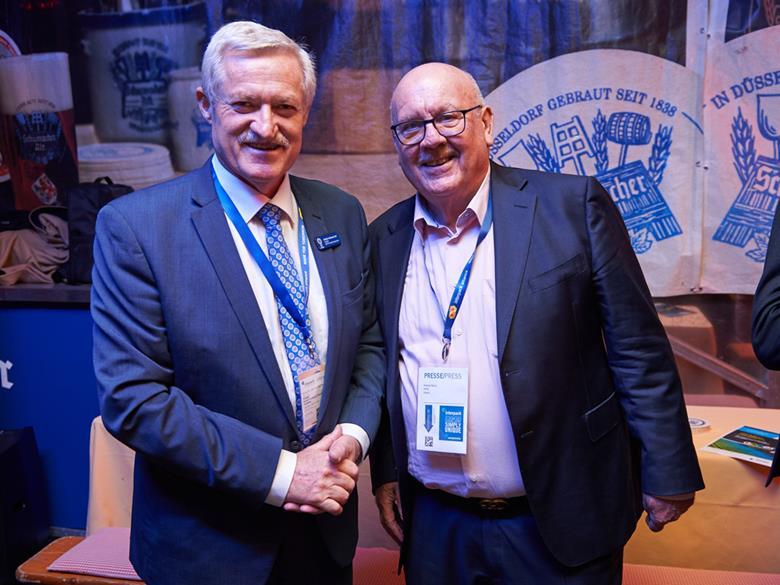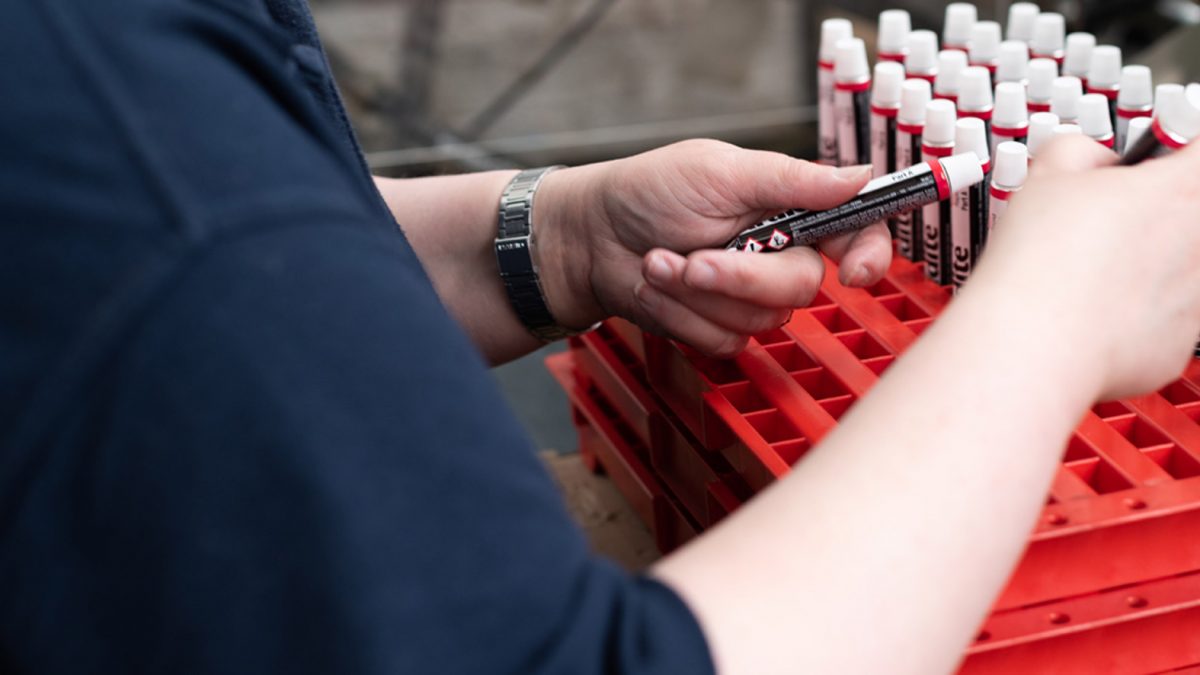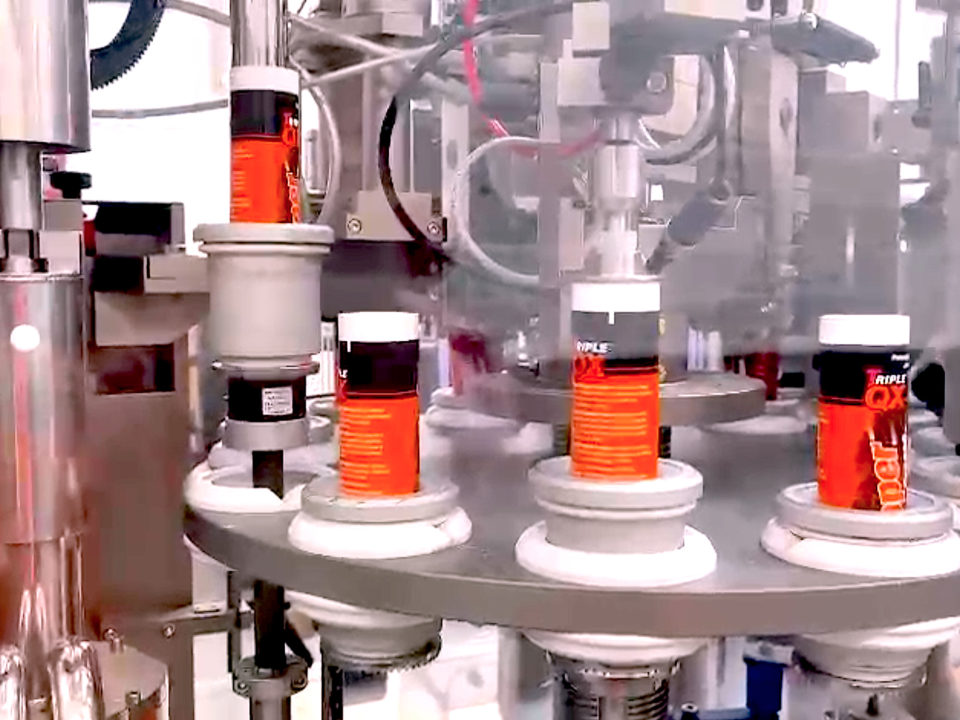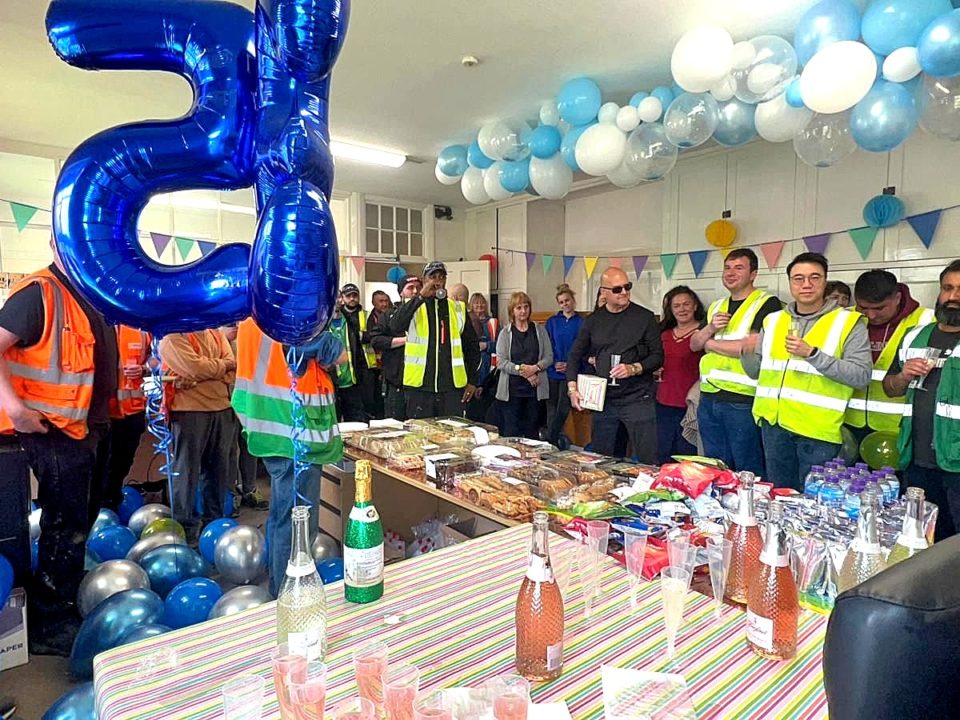Unparalleled proprietary performance: Cedesa marks 36 months as an Employee Owned Trust
It’s been almost three years since we put our teams at the centre of all we do and transitioned the business into an Employee Owned Trust (EOT), but why did we do it and what impact has it had on Cedesa’s performance?
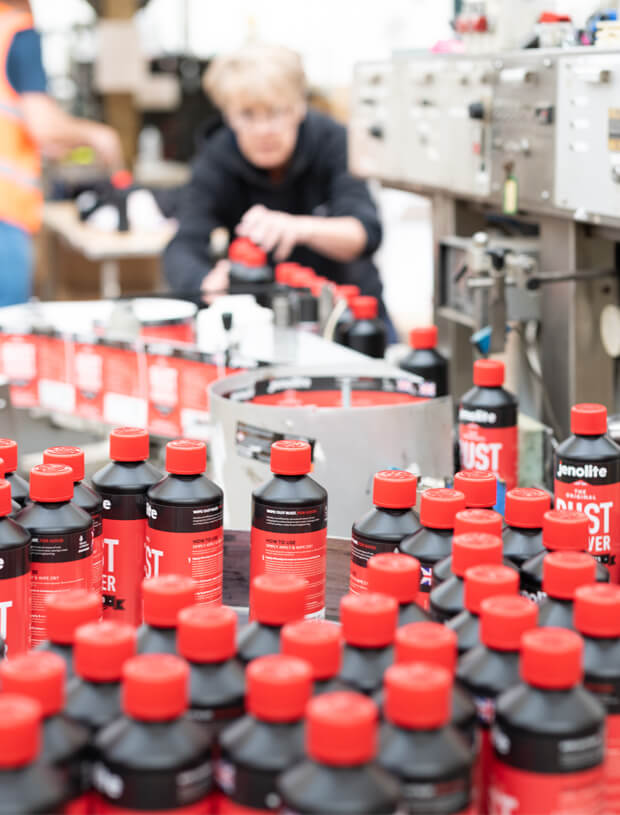
The year 2020 will be remembered for bringing about significant change in all of our lives. At Cedesa however, it will also be remembered as the date company founder Norman Wildon began his transition into retirement.
But Norman, a leading light whose entrepreneurial spirit is woven into everything we do, had one major change to make before clearing his inbox for the final time.
Together with fellow owner and son Neil Wildon, our outgoing MD made plans to restructure Cedesa and ensure its continued success - transforming the business into an Employee Owned Trust, or EOT.
In simple terms, an EOT is a business model in which a trust holds the shares of the company on behalf of its employees. The staff can’t trade their shares individually (these are managed by trustees who must act in the best interests of the employees) but in essence, they become the owners.
Two of the UK’s best-known EOT examples are the John Lewis Partnership, and Wallace and Gromit producer Aardman Animations. We figured that if it’s good enough for them - respectively being ‘never knowingly undersold’ and always keen to offer ‘more cheese’ - then it was a model that would fit Cedesa nicely too.
But it was the way in which this success is achieved that interested us. High performing organisations claim high profit margins and a growing workforce, but if this comes at the cost of job satisfaction, then it’s a step in the wrong direction.
EOT-owned businesses, by comparison, are notable not just for their increased productivity, but for significantly higher employee satisfaction than businesses run according to other models. It’s one of the reasons the model is endorsed by HMRC.
“Our decision reaffirmed our commitment to our employees, granting them a stake in the success of the 35-year-old business they were working so hard to grow,” explains our Managing Director John Small.
But Norman, a leading light whose entrepreneurial spirit is woven into everything we do, had one major change to make before clearing his inbox for the final time.
Together with fellow owner and son Neil Wildon, our outgoing MD made plans to restructure Cedesa and ensure its continued success - transforming the business into an Employee Owned Trust, or EOT.
In simple terms, an EOT is a business model in which a trust holds the shares of the company on behalf of its employees. The staff can’t trade their shares individually (these are managed by trustees who must act in the best interests of the employees) but in essence, they become the owners.
Two of the UK’s best-known EOT examples are the John Lewis Partnership, and Wallace and Gromit producer Aardman Animations. We figured that if it’s good enough for them - respectively being ‘never knowingly undersold’ and always keen to offer ‘more cheese’ - then it was a model that would fit Cedesa nicely too.
Sharing our success with our employees
Our research told us that companies owned by EOTs experience greater sales and profits growth, as well as an increase in the number of new employees: three key determinants of future success for any business.But it was the way in which this success is achieved that interested us. High performing organisations claim high profit margins and a growing workforce, but if this comes at the cost of job satisfaction, then it’s a step in the wrong direction.
EOT-owned businesses, by comparison, are notable not just for their increased productivity, but for significantly higher employee satisfaction than businesses run according to other models. It’s one of the reasons the model is endorsed by HMRC.
“Our decision reaffirmed our commitment to our employees, granting them a stake in the success of the 35-year-old business they were working so hard to grow,” explains our Managing Director John Small.
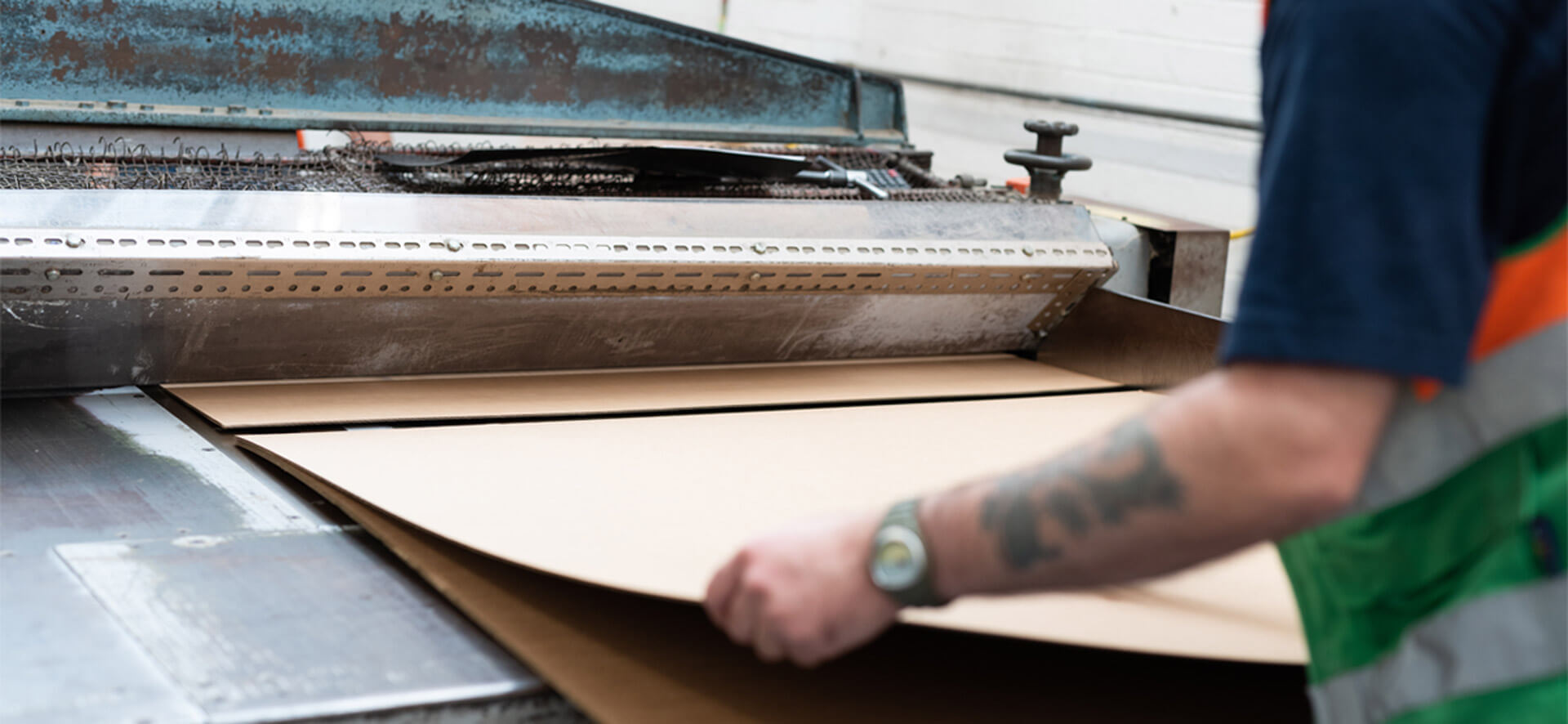
“We wanted to foster an environment in which our employees could not only become more engaged in our success - but could enjoy the fruits of their labour, taking a little equity in the business.”
John and the team formed an employee council to give our staff a voice, decided on an affordable payback period from the profits generated (the first £3600 of which they receive tax-free) and crucially, put this succession plan into practice without altering the ethos of the business.
The rest, as they say, is history.
Neil’s final day with Cedesa is 30 September 2023, and he leaves having successfully instituted a team to continue the business seamlessly and in the same spirit with which Norman founded it all those years ago in 1988.
This story is just one example of the innovation, adaptation and drive to excel taking place at Cedesa. We are immensely proud of our accomplishments and ongoing support of our customers, partners, and employees.
If you’d like to learn more about our products and services, take a look at our website and contact us here.
John and the team formed an employee council to give our staff a voice, decided on an affordable payback period from the profits generated (the first £3600 of which they receive tax-free) and crucially, put this succession plan into practice without altering the ethos of the business.
The rest, as they say, is history.
Neil’s final day with Cedesa is 30 September 2023, and he leaves having successfully instituted a team to continue the business seamlessly and in the same spirit with which Norman founded it all those years ago in 1988.
This story is just one example of the innovation, adaptation and drive to excel taking place at Cedesa. We are immensely proud of our accomplishments and ongoing support of our customers, partners, and employees.
If you’d like to learn more about our products and services, take a look at our website and contact us here.
More stories from around the world
Recent Posts
29 September 2023
It’s been almost three years since we put our teams at the centre of all we do and transitioned the business into an Employee Owned Trust […]
9 August 2023
For a packaging company to remain at the forefront of the industry it serves, it must build cutting-edge technology and operational efficiency into its production cycle. […]
11 July 2023
For more than three decades, Cedesa has been at the forefront of innovation and excellence in the manufacturing industry. So, how did we get here?



